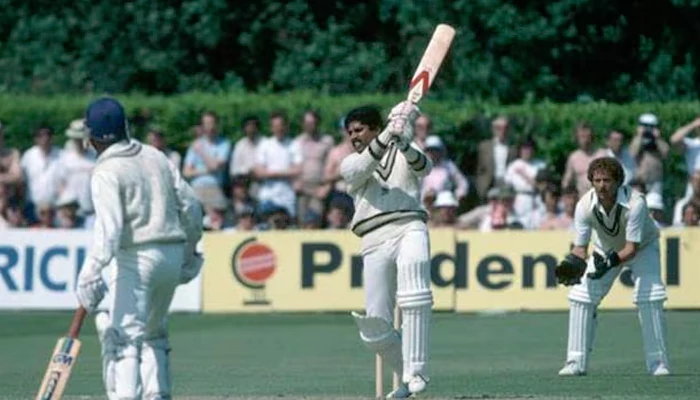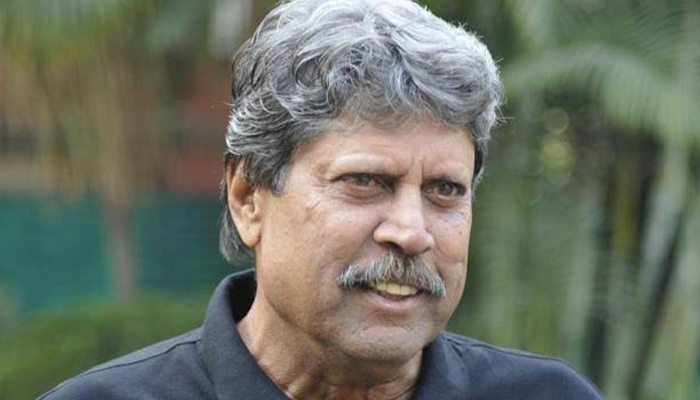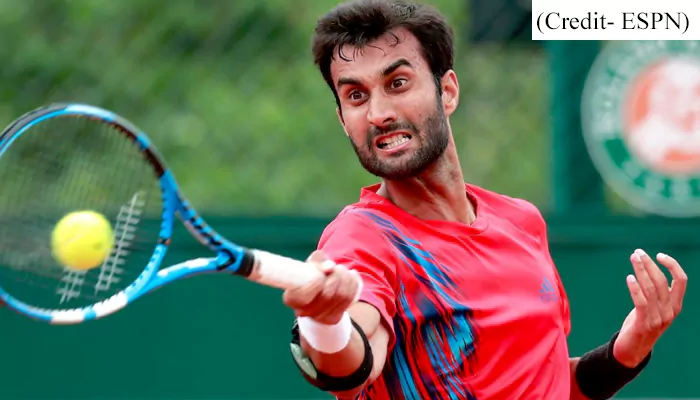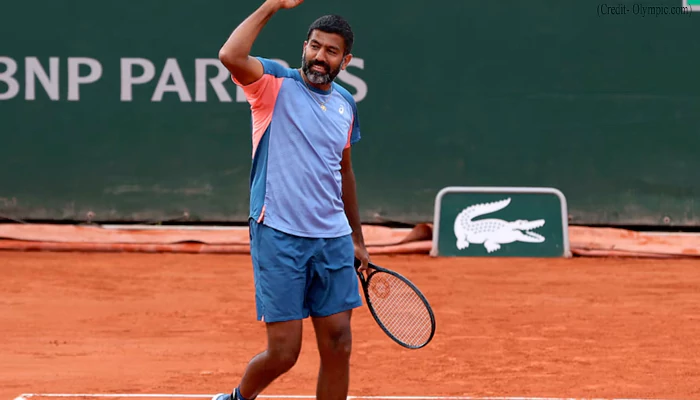Is Jannik Sinner Not Italian Enough to Be Celebrated by His Own Countrymen?
- Rohit Chatterjee
- 1 year ago
- 4 minutes read

The news of Mario Balotelli is going around in Italy, but the noise for Sinner seems inadequate
Indian Super League club Kerala Blasters have rejected Mario Balotelli, claim multiple sports media outlets. This news is also doing the rounds among Italian media outlets and social media. However, compared to Balotelli, a much more important sporting event related to Italy seemed to have received less attention from Italian sports enthusiasts—the victory of Jannik Sinner, who became the first Italian to win the US Open men's singles titles by beating Taylor Fritz 6-3, 6-4, 7-5.
Thank you New York!! 🏆
— Jannik Sinner (@janniksin) September 8, 2024
Incredibly special to win my second slam title here after a great two weeks. Thank you for all the support, it means so much. I love this sport and it means everything to me, time to enjoy this moment with my team and my family before we get back to work… pic.twitter.com/oolNYXWWrk
So why is it that despite winning such an important title, Sinner isn't being celebrated enough?
What's in the name?
Unfortunately, for Sinner, there is a lot off about his name. Jannik Sinner's name is not the typical Italian name that we are accustomed to. This is because Sinner hails from South Tyrol, the Trentino-Alto Adige region of Italy, where 70 per cent of the population speaks German, reported an article by the Indian Express.
The region shares its border with Austria, and therefore, its people bear more resemblance to Austrians and Germans, which is evident from how Jannik Sinner looks compared to other Italians. Even the way he talks is different because his Italian is not as sharp as the natives.
Geo-politics in play
In fact, the Trentino-Alto Adige province was a part of Austria for over a century and only merged with Italy in 1918. And while the nationality of the people changed, the age-old traditions did not. During WWII, Germany's Adolf and Italy's Benito even sat to decide the fate of those residing in the middle of the two sides. When the war was over, northern Trentino-Alto Adige even won its autonomy. From laws to taxes, every rule differs in the region, and Rome has no control over it.
Jannik Sinner is a German-Italian redhead from South Tyrol region of Italy. His parents worked at a ski resort and he had the option of going pro in downhill skiing or tennis—flipping between the two while growing up.
— Ry (@ryjlocal) June 20, 2024
He’s also the new world #1.
pic.twitter.com/7SQV4SapOv
Sinner's missed opportunities
When Sinner started reaching international stages, his initial losses in the Davis Cup and the Olympics did not help him grab media headlines at a tender age like Carlos Alcaraz did. Not to forget, local support also did not help his cause because while they were cheering for Sinner and Italy, posters were in German, which downplayed Sinner's image as an Italian.
German approach
Even Sinner's approach to the game is similar to that of German players rather than Italians. For example, Italian players have a flamboyant way of moving, as if the court is a theatre and the game is a chapter from dramatics. However, that is not Sinner, who enters the court without expressing much, wins or loses, and then goes about his business—traits often found in Germans across fields. Sinner's athleticism, shot-making, and everything about his game have a more German persona than Italian.
Not to forget, Sinner is more of an expert on hard courts than clay courts, despite Italy's strong presence on clay courts. This is because Sinner's region is not sunny and bright like the rest of Italy but faces harsh winters. Therefore, he has spent the majority of his life practicing indoors on hard courts.
While those in the 30s and above are yet to hail Sinner, given they are aware of the geo-politics and Sinner's lineage, better is expected from the younger generations, who do not care much about the past but only about Sinner's performance and adorn him without much of a discrimination, hope that one day Sinner would be cheered like Paolo Maldini and Valentino Rossi.











